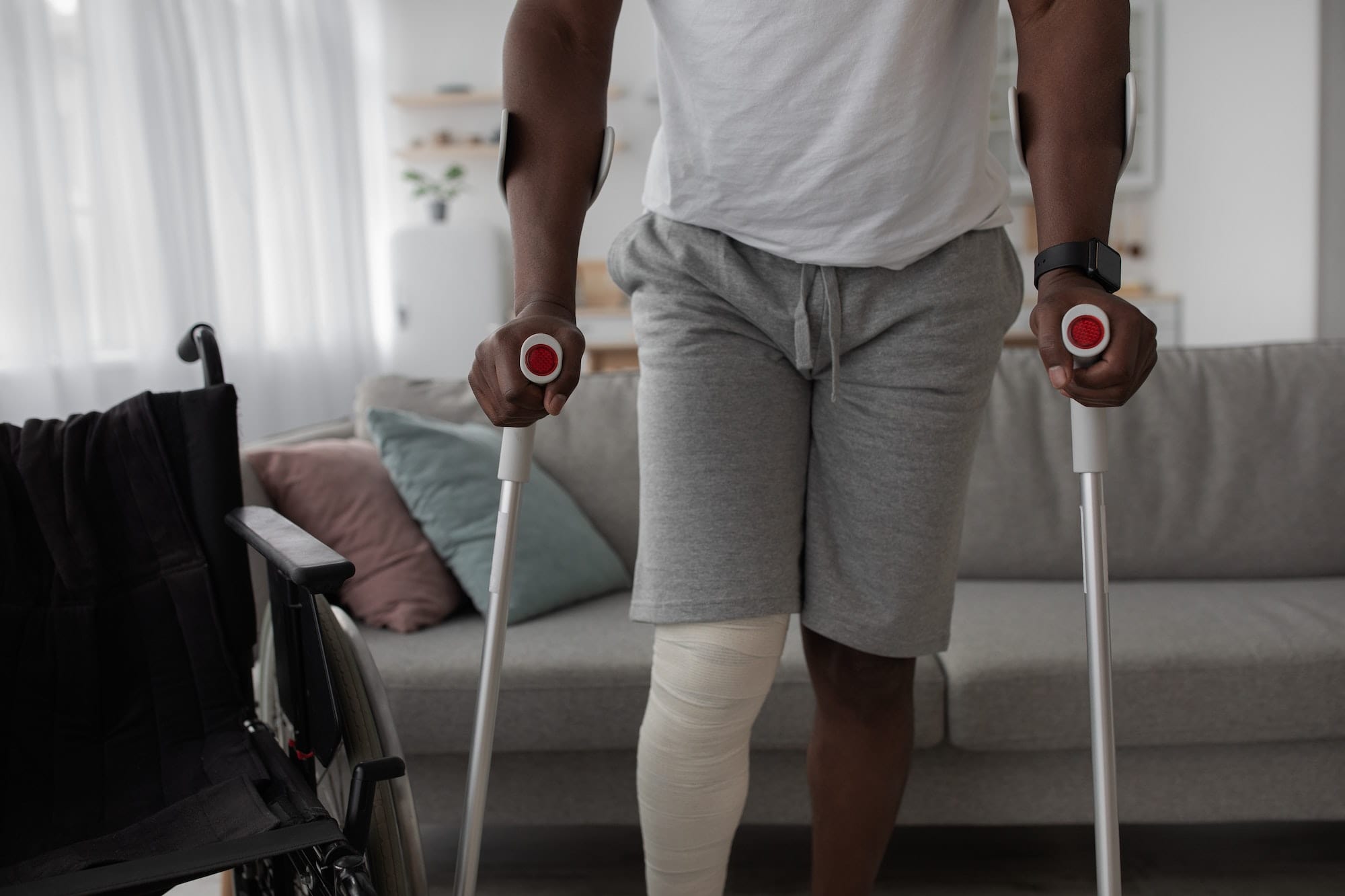Slip and Fall Accidents
Slip and fall accidents represent the most frequent type of premises liability claim in Florida. These incidents often occur due to wet floors, uneven surfaces, torn carpeting, or poorly maintained walkways. Property owners must take reasonable steps to address these hazards, such as placing warning signs near wet areas or promptly repairing damaged flooring.
To succeed in a slip and fall claim, it’s crucial to prove that the property owner had actual or constructive knowledge of the hazardous condition. This means showing that the owner knew about the danger or should have known about it through reasonable inspection practices.
The consequences of slip and fall accidents can be severe, ranging from broken bones and head injuries to spinal cord damage. Elderly individuals are particularly vulnerable, with falls being a leading cause of injury-related hospitalizations among Florida seniors.
Inadequate Security
Property owners have a responsibility to provide reasonable security measures to protect visitors from foreseeable criminal activity. This includes maintaining proper lighting, functioning locks, security cameras, and, when appropriate, hiring security personnel.
The concept of foreseeability is key in inadequate security cases. If a property owner knows or should know that criminal activity is likely in the area, they have a duty to take appropriate precautions. For instance, an apartment complex in an area with a history of break-ins may be expected to install better locks, security cameras, or hire patrol services.
Inadequate security claims often arise in apartment complexes, parking garages, hotels, and shopping centers where criminal activity is foreseeable. When property owners fail to implement appropriate security measures, they may be held liable for injuries resulting from criminal acts.
Swimming Pool Accidents
Florida’s Residential Swimming Pool Safety Act establishes strict requirements for pool owners, including proper fencing, safety covers, and alarms. Specifically, the Act requires:
- A barrier at least 4 feet high around the pool
- Self-closing, self-latching gates that open outward
- Safety covers for pools when not in use
- Door alarms on all doors and windows with direct access to the pool area
Despite these regulations, Florida leads the nation in drowning deaths among children ages 1-4, with hundreds of non-fatal swimming pool accidents occurring annually.
Property owners must maintain proper safety equipment, ensure adequate supervision when required, and address potential hazards around the pool area. Failure to comply with safety regulations can result in significant liability for injuries or deaths that occur on their property.
Defective Property Conditions
Hazardous property conditions can take many forms, from crumbling stairs and loose handrails to falling ceiling tiles and exposed electrical wiring. These conditions often develop due to poor maintenance or neglect, creating dangerous situations for visitors.
Property owners must conduct regular inspections and maintenance to identify and repair potential hazards. This includes addressing structural issues, maintaining adequate lighting, and ensuring all building components meet current safety codes.
When property owners fail to address these hazards, serious injuries can occur. Our firm has handled cases involving collapsed structures, falling debris, and other dangerous conditions that resulted in significant injuries to our clients.
What Should You Do if You Have an Accident on Someone Else’s Property?
If you’ve been in an accident on someone else’s property, you will probably need to file a claim with their insurance company. In most cases, the property owner’s insurance is responsible for paying your claim. But insurance companies are businesses and are reticent to pay out larger claims. The insurance company will inevitably offer you some sort of compensation for your injury, but you shouldn’t accept it without first talking to a personal injury lawyer.
Regardless of whether the nature of your accident was a slip and fall or some other type of premises liability accident, you should consider taking the following steps.
Seek Medical Attention
Your health is your first priority. Depending on the severity of your injuries, call 911 and allow the EMTs to examine you. If necessary, let them take you to the emergency room. If not, follow up with your own doctor as soon as possible.
Inform Management
Make sure you let the on-duty manager of the establishment or premise know that there’s been an accident. They will probably need to complete an incident report per their policies. Ask them to preserve any surveillance video that may have captured the incident.
Take Photos With Your Phone
Take pictures and video of the location where the accident occurred and whatever hazard caused your injury. If you have visible injuries, make sure you capture them as well. Having a detailed record of your accident will help with your legal case.
Ask For Witness Information
Collect the names and contact information of anyone who saw your accident. In addition, request the names and titles of any employees who you spoke to regarding the incident. Employees and managers can leave the company or transfer locations, so it’s important to have a list of the people working that day.
How a Premises Liability Lawyer Can Help
Premises liability lawyers can legally represent you while you work on your medical recovery.
Their duties include:
- Obtain your medical records
- Obtain a copy of the incident report from the premises
- Subpoena witnesses for deposition
- Request copies of surveillance recordings from the establishment
- Calculate economic and non-economic damages
- Pursue your claim through litigation if necessary
Weinstein Legal works on a contingency basis, which means that our legal team only receives compensation if you receive funds through a settlement or court award. Your consultation with a premises liability attorney is free, and you won’t be charged a dime unless we win your case.
Contact a Premises Liability Attorney
Most public-access premises have insurance policies to cover them in the event of an accident. These insurance companies have legal teams and adjusters who are master negotiators. It’s not unusual for accident injury victims to be approached by an adjuster within 24 hours of the accident with an offer to cut a check on the spot. The catch is that you will have to sign away your right to pursue further legal action.
By hiring a personal injury lawyer who handles cases of premises liability, you can ensure that you will not unknowingly accept an inadequate offer. The attorneys at Weinstein Legal can review your injuries, the degree of liability of the establishment, and the evidence available. Once they have a full picture of your premises liability case, they can then begin negotiating with the insurance company.















